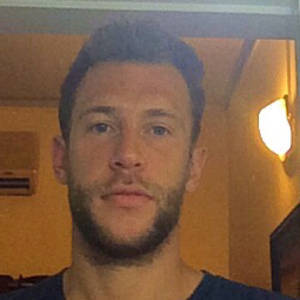Yambio 'townscape'
We flew from Juba to Yambio in the far south-west of the country in what therefore once was the far south-western part of Sudan before it split. One of the beefs of the South Sudanese has been the lack of development attention and investment paid to them by the central government of the united Sudan eons away in Khartoum, and it’s hard to disagree with them when this is the view of the approach to a state capital. We’d flown over a few hundred kilometres of wilderness with very few signs of human influence, which is exciting in terms of what wildlife must be lurking there. I do believe this transitional region between East and Central Africa is one of the most undocumented places on Earth.
From the little knowledge I have gained about how government works here, it does appear to be every man, woman, child and beast to him/her/itself in terms of getting ahead in the world – even more so than in other countries. The value of the South Sudanese pound has dropped by a factor of about 20 against the dollar in the last year (not unlike GBP then…) which has squeezed everyone massively in economic terms. State services were already pretty non-functional, or propped up where possible by aid agencies. However this corner of the independent South Sudan, until bouts of trouble in recent years, has been one of the spots on the horizon where hopes for prosperity haven’t been misplaced. The population is largely sedentary agriculturalists whose lifestyles lend themselves to sustained efforts at improving living standards and participating in projects, compared to the more mobile pastoralist communities in other less stable parts of the country who have focused on their tradition of livestock rearing above all else.
Here there is an educated group of Western Equatorians (the former state name before 10 were carved randomly into 28) and there is certainly regret that the security situation is again sliding backwards. We received such a warm welcome from all of the contacts that my colleague Adrian has made over the years, and there is commitment from the Wildlife Service to the work we’ve been doing together to protect wildlife in a couple of Game Reserves (to be visited over the weekend). It’s nice to realise that locals view the presence of foreigners as something to be excited about, and we think they take it as a signal that the security situation is under control enough to allow normal operations to continue. There isn’t a fatigue about foreign aid projects here, and the NGO community must ensure it stays this way by learning from mistakes it’s made elsewhere. If we have created some smiles today, and it was the staff who look after our compound here who gave us the widest ones, then it’s not a bad day’s work.

Comments
Sign in or get an account to comment.


